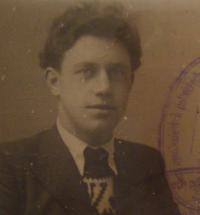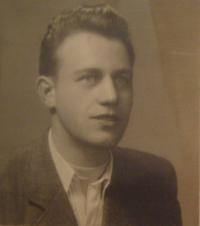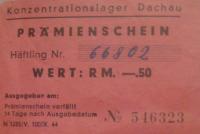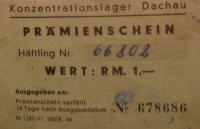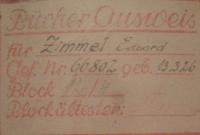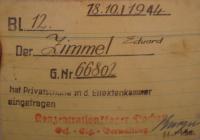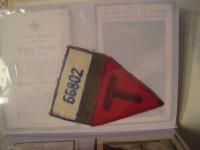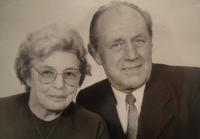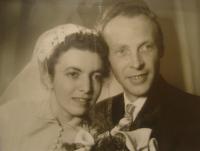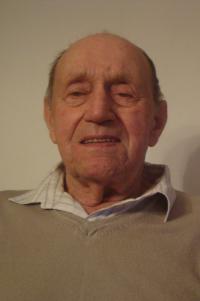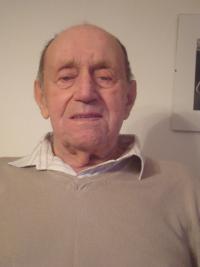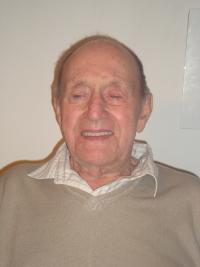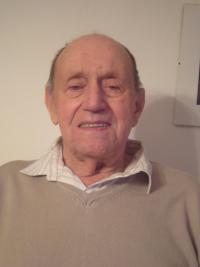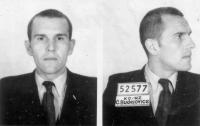He had been in the SS, I had been in the concentration camp, and we were friends as if nothing happened

Download image
Eduard Zimmel was born March 13, 1926 in Rapšach in the Vitorazsko (Weitraer) region in the then Czechoslovakia. The village as well as the whole Vitorazko area was specific due to its location and due to the fact that it has become a victim of both Nazi and Communists dictatorships. Eduard had managed to complete elementary school and his vocational training as a tailor before the Vitorazsko area was incorporated into the Nazi Germany on 24th November 1938. Its Czech inhabitants were evacuated to the country’s interior and the remaining residents had to register as German nationals. Eduard allegedly registered his nationality as Czech, but in spite of that he was treated as if he were a German. When he received a draft notice to the wehrmacht in 1943, he refused to join the German army and he was consequently arrested on 26th October 1943 and taken to the prison in Znojmo and later to Simmering in Vienna, from where he was then deported to the concentration camp in Dachau. He spent two years there while working in a factory where he was sewing German uniforms. After the liberation of Dachau on 29th April, 1945 he was able to return to his native village. After 1948 he began cooperating with his childhood friend Karel Gruber. Gruber had served in the SS during the war and after 1948 he was working for the Central Intelligence Agency (CIA). Since Karel Gruber knew the Vitorazko region very well, he was easily able to cross the border between Austria and Czechoslovakia, which made him very valuable for the CIA as an agent-walker. Eduard was helping him with finding accommodation for other agent-walkers, taking them to the railway station or showing them the way. However, information about these activities, in which some other people from Rapšach were involved as well, leaked out and Eduard and Karel Gruber were arrested. Gruber was sentenced to death penalty and Eduard was sentenced in České Budějovice to seven years of imprisonment. In 1953-1960 he was thus interned in the labour camps in Jáchymov and in the prison in Mírov. After his release he had nowhere to return, because the inhabitants of Rapšach were relocated inland in 1952 due to the need to guard the state border and the village became resettled by new residents who had moved there from the country’s interior. Eduard instead “returned” to Úsilné near České Budějovice and then he moved to Tábor where he worked in the local factory Tapa and in a heritage conservation agency. His father Václav served in the wehrmacht during WWII. In the 1950s he was arrested and imprisoned, together with Eduard’s aunt and his cousins Adolf and Rudolf. Eduard now lives in Tábor and he is a veteran of both the second and third resistance movement. Eduard Zimmel died in March 2019.
